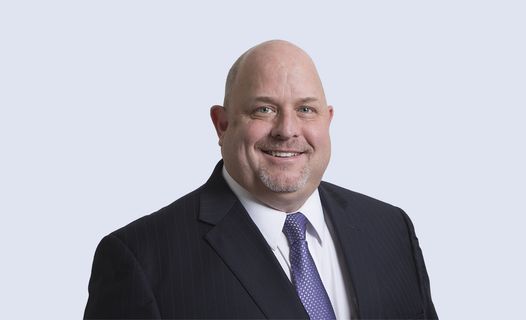Nevada will soon impose new limits on fees health care providers can charge employees for completing paperwork required under the federal Family and Medical Leave Act (FMLA). Assembly Bill 305, which was recently approved by the Governor and set to take effect on January 1, 2026, caps that fee at $30 and ties future increases to inflation. Although this new law will apply directly to providers, HR professionals who routinely guide employees through the FMLA process should be aware of the changes this law will bring about. This Insight explains how the law works, what’s changing, and how the fee cap may affect your FMLA administrative process.
What Does AB 305 Actually Do?
When an employee requests a potentially FMLA-qualifying leave, employers are permitted to require the employee to submit a medical certification in support of the need for leave. This often involves a licensed health care provider completing the certification with information concerning the condition and the employees’ need for time off for their or a family member’s medical condition.
Until now, health care providers in Nevada have been allowed to charge their own fees for completing FMLA certifications, with amounts varying and some reported to be as high as $100.
AB 305 changes that. Beginning in 2026, providers may not charge more than $30 to complete a FMLA certification. However, this cap is not set in stone. AB 305 also establishes a mechanism to adjust the cap annually based on inflation.
How Will the Cap Be Updated Each Year?
The current cap is just a starting point. Going forward, the Nevada Department of Health and Human Services will be responsible for adjusting the fee limit annually.
Specifically:
- The cap will be tied to the U.S. Department of Labor’s “All Items” Consumer Price Index (CPI) (a standard measure of inflation based on the average change in prices over time for goods and services).
- Adjustments must be posted publicly on the Department’s website.
- New limits will take effect January 1 of each year, beginning in 2027.
This ensures the fee ceiling keeps pace with cost-of-living changes, but it also introduces a recurring compliance consideration for both providers and employers (who may field questions from employees unsure about what is allowed).
Will the Cap Affect the Certification Process?
AB 305 does not change the employer’s role in the FMLA certification process, but it may shift how the process plays out for employees. With the new $30 cap on what health care providers can charge for completing FMLA related paperwork, more employees may be encouraged to initiate the certification process. Cost has potentially been a barrier, especially for lower wage workers or employees already facing financial strain while preparing to take unpaid leave. A predictable and reduced fee can make employees more willing to get the paperwork completed.
Further, the cap may also lead to delays in the submission of the certification to the employer. Providers may be less motivated to prioritize paperwork when compensation is limited, especially if no office visit is scheduled. Some providers may take the position that they will not complete the paperwork unless the employee has an appointment. While this may frustrate employees, remember that getting their healthcare provider to complete the certification and submitting it to their employee remains the employee’s responsibility.
Under FMLA:
- Employees must submit complete and sufficient certification to support their leave request.
- They must return it within 15 calendar days, though extensions may apply if the employee is making diligent efforts and should be communicating to HR or the third-party administrator any difficulties or delays in having the certification completed.
- If the certification is incomplete, the employer must provide a written notice to the employee addressing why the certification is incomplete and allow the employee a chance to fix it, usually within seven days.
So while the new cap may reduce a financial hurdle, it does not change the FMLA’s timelines or shift the employee’s obligation to provide a completed certification. Employers are not responsible for chasing down certifications, and they are not expected to help employees coordinate with providers. But being aware of the cap helps the employer respond with clarity and empathy if employees hit snags or misunderstand the process.
A few helpful reminders:
- This cap applies only to FMLA certifications. It does not extend to other medical leave forms or disability related paperwork.
- Employers need not take action, but knowing about the cap can help manage expectations.
- Bookmark the Nevada DHHS site in case of future cap adjustments or guidance.
Conclusion
For support with FMLA procedures or internal training related to AB 305, contact your Fisher Phillips attorney, the authors of this article, or any attorney in our Las Vegas office for guidance. Be sure to subscribe to the Fisher Phillips’ Insight System to stay informed on the latest workplace compliance and safety updates.




